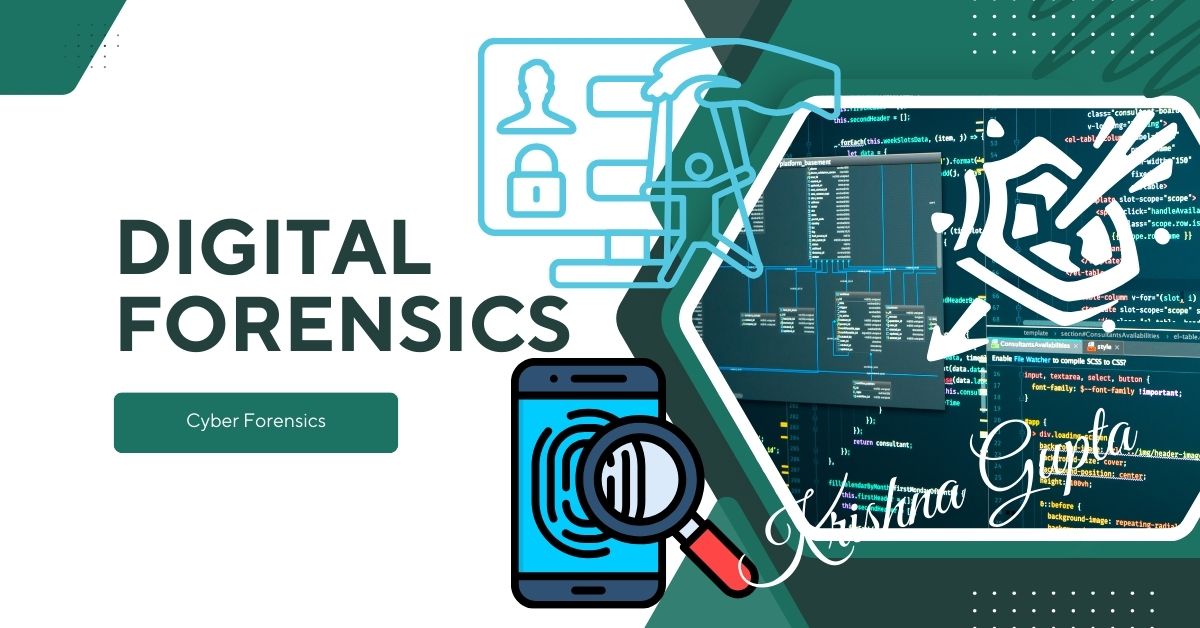Explainable AI (XAI): Building Trust, Transparency, and Tangible ROI in Enterprise AI
Explainable AI refers to methods and techniques that make the decision-making processes of AI systems comprehensible to humans. Unlike traditional software with deterministic logic, most AI models learn patterns from data, making their internal workings difficult to understand.




